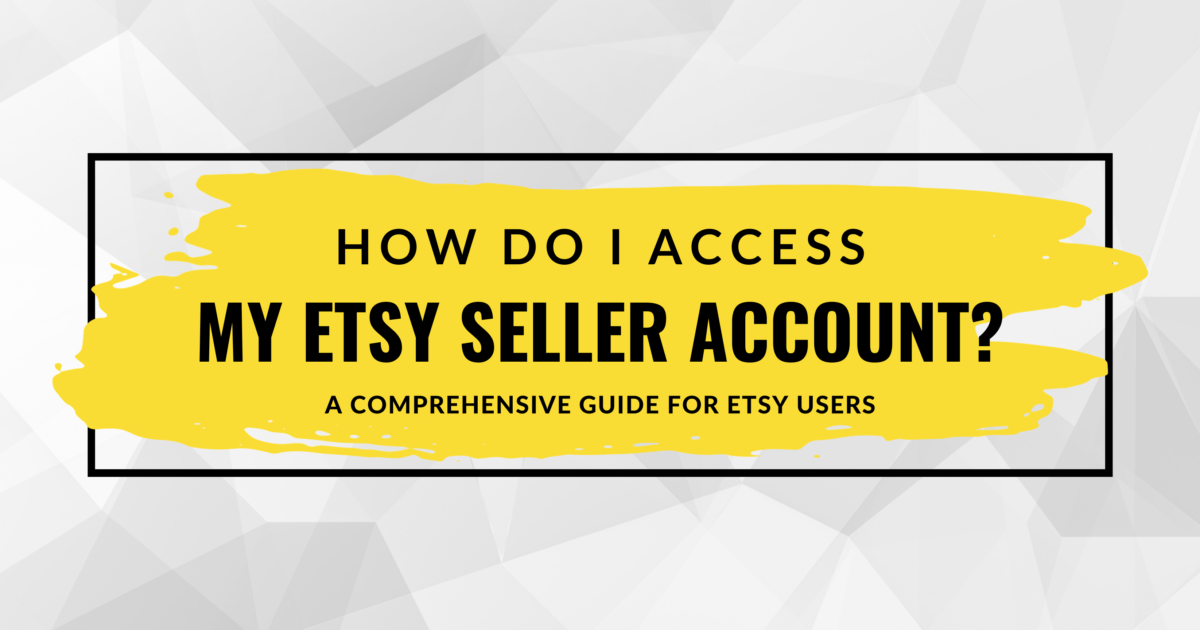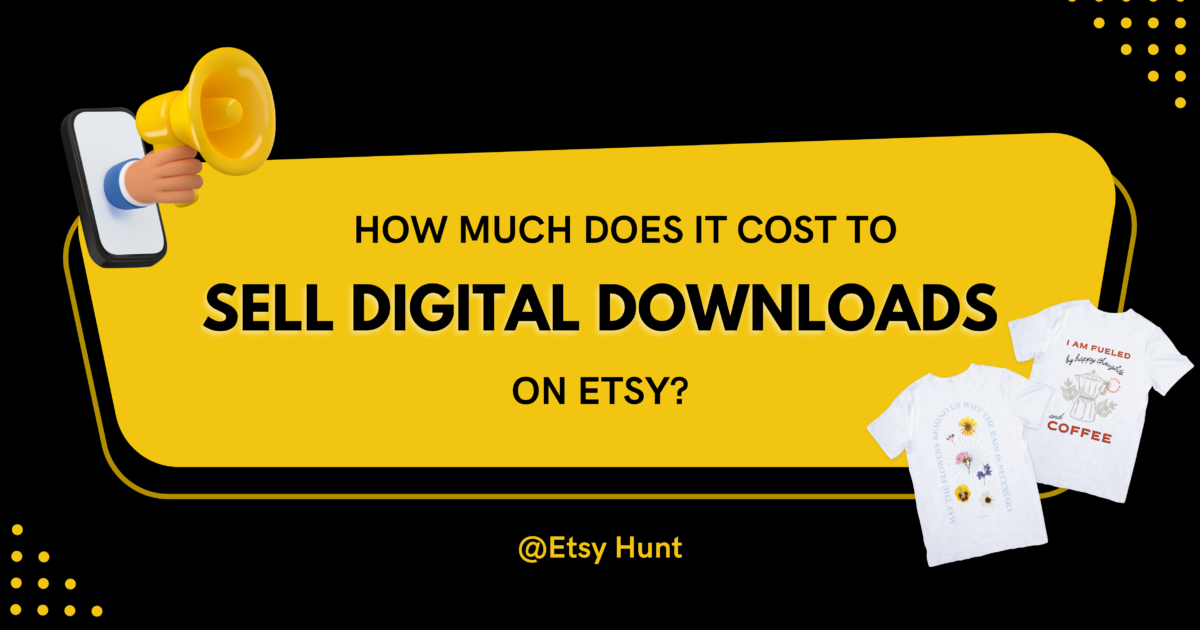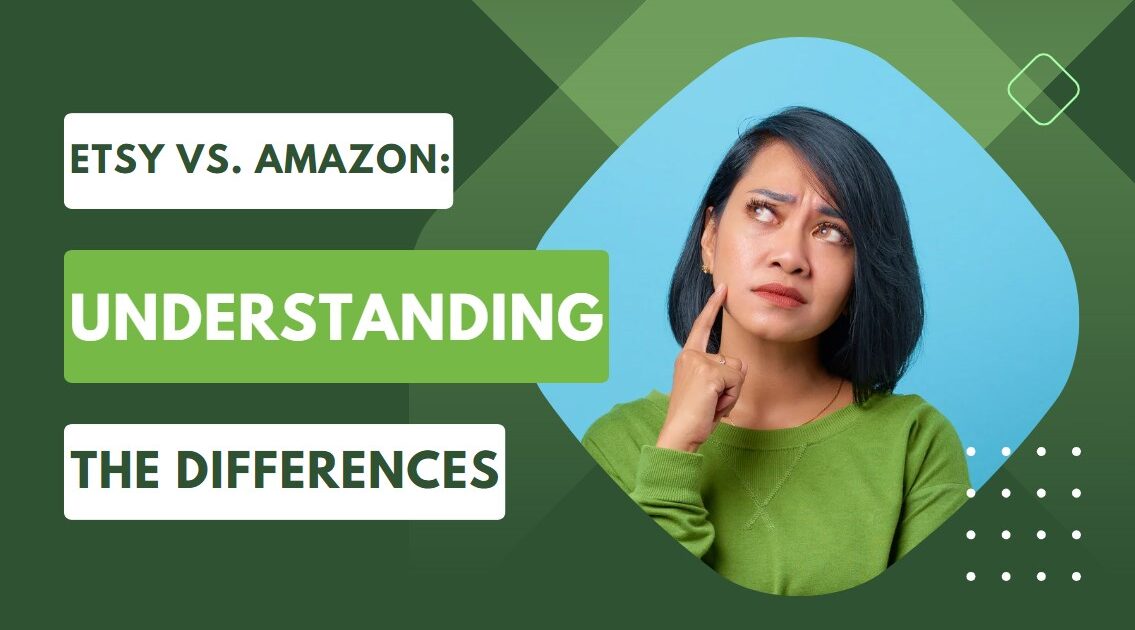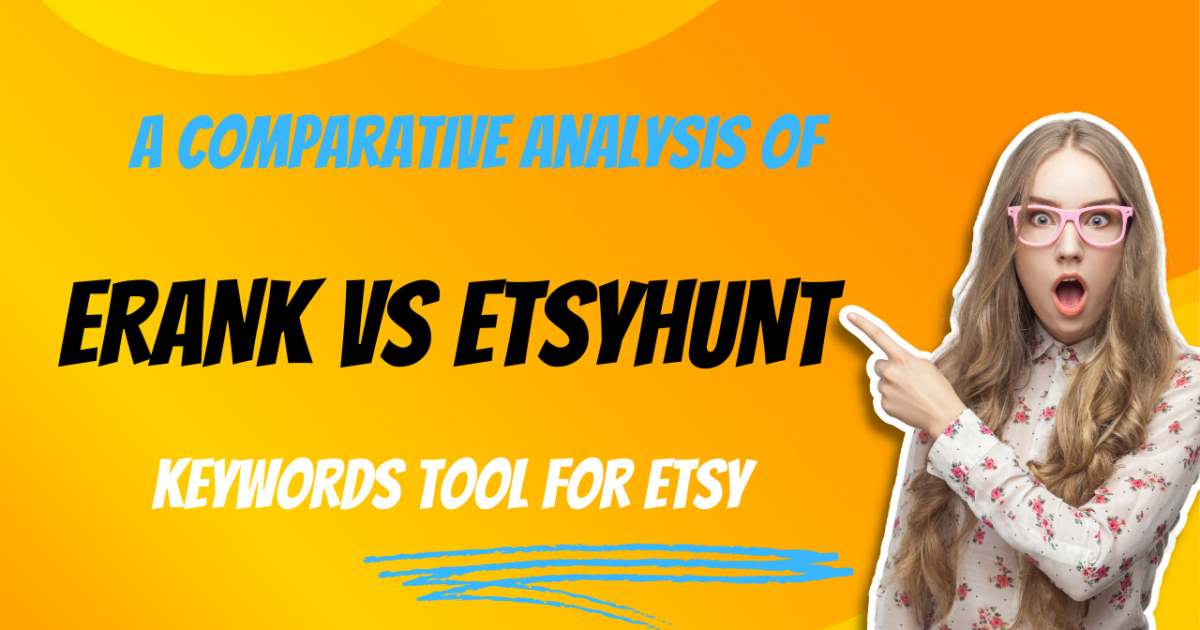Etsy vs. Shopify for Sellers: Which Platform Reigns Supreme?
As an entrepreneur ready to dive into the world of e-commerce, you've likely come across two powerhouses in the online selling community: Etsy and Shopify. While both platforms offer a virtual space to showcase your products, they come with distinctive features and cater to different needs. Let's dive deep into the primary differences to help you make an informed decision.
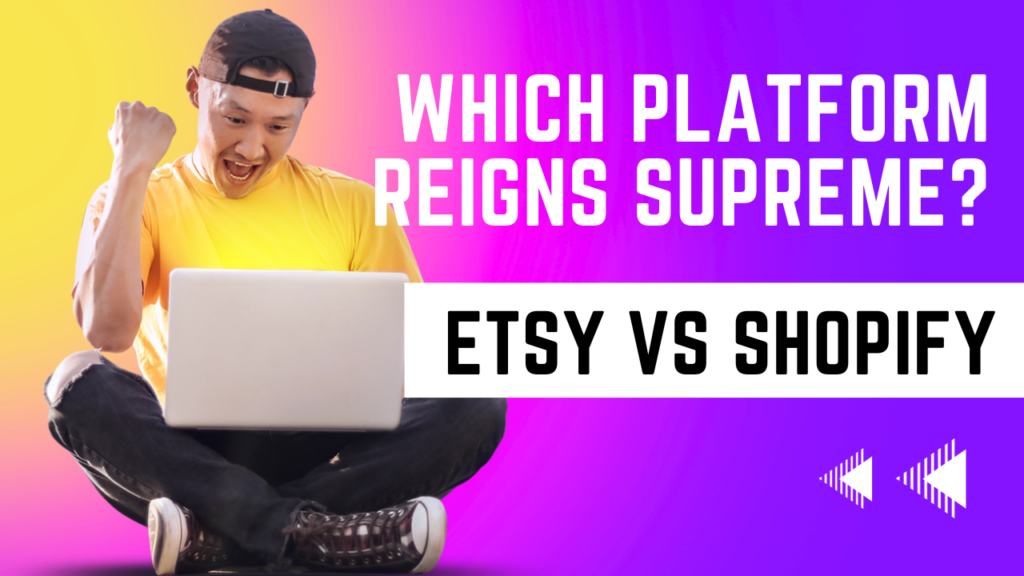
1. Platform Nature and Target Audience
- Etsy: A marketplace primarily focused on handmade, vintage, and unique items. It's a go-to for crafters, artisans, and vintage sellers. When you list on Etsy, you're reaching an audience specifically searching for such products.
- Shopify: A comprehensive e-commerce platform allowing you to create your standalone online store. It doesn’t have a specific product niche, making it suitable for a wide range of businesses.
2. Customization and Branding
- Etsy: Sellers get a dedicated shop page, but customization options are limited. It maintains a consistent look across all shops, making it harder to stand out based on branding alone.
- Shopify: Offers extensive customization options. You have control over your website's design, themes, and even the checkout process. Ideal for those keen on building a strong brand identity.
3. Fees and Pricing
- Etsy: Charges a listing fee, a transaction fee, and a payment processing fee. There's no monthly subscription, but these fees can add up, especially for high-volume sellers.
- Shopify: Operates on a monthly subscription model with several plans. While there's no listing fee, transaction fees can be waived if using Shopify Payments.
4. Traffic and Marketing
- Etsy: Being a marketplace, Etsy has its inbuilt audience. However, competition can be stiff, requiring sellers to invest in Etsy ads or off-platform marketing.
- Shopify: You're responsible for driving traffic to your store. This demands more marketing efforts but also offers flexibility in strategies, from SEO to PPC and social media campaigns.
5. Inventory and Product Management
- Etsy: Suitable for small to medium-sized inventories. Bulk editing tools are available, but might not be as expansive as standalone platforms.
- Shopify: Robust inventory management system, making it easier for sellers with a large number of SKUs or those looking for advanced inventory features.
6. Payment and Checkout
- Etsy: Utilizes Etsy Payments, which supports various payment methods. The checkout process is standardized across all shops.
- Shopify: Offers Shopify Payments, but also supports a wide range of third-party payment gateways. Plus, you can customize the checkout experience.
Conclusion
Choosing between Etsy and Shopify boils down to your business goals, the level of customization you desire, and how hands-on you want to be with marketing. For unique craft items, Etsy provides a ready audience. However, if you're envisioning a scalable brand with full customization, Shopify might be your best bet.
